| AFRICAN AMERICAN HISTORY |
| Published in February, 2020 |
| H E K T O R A M A |
| . |
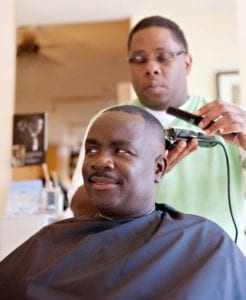 |
Barbershop health-prevention outreach has some inherent limitations. Barbers enjoy positions of respect and trust in the black community,7,11,15 but men can still be uncomfortable discussing confidential health issues. In the St. Louis project, barbers sometimes grew discouraged by the reluctance of clients to participate in health screening. The very public environment in the barber chairs and waiting areas could inhibit a patron from having a hypertension screening along with his haircut and shave: “well, these guys are all watching me.” “I don’t want to have my blood pressure checked.” “Well, you don’t have to. We’re just asking if you want to.” Because barbers …
|
| EARLY BLACK PHYSICIANS IN ALABAMA | ||||||
|
|
|
|||||
|
||||||
| AFRICAN AMERICAN MEDICAL PIONEERS | ||||||||
The road for African Americans in the medical professions has not been easy. Enslaved Africans received no education.1 During the first half of the nineteenth-century medical schools in the North would admit only a very small number of black students. Even after the Civil War, African Americans continued to be refused admission to colleges, medical associations, and hospitals.2 But those driven to heal refused to give up. When no American schools enrolled them, they studied abroad3 or started their own schools4 and training hospitals. Howard University was established in 1868, and Meharry Medical School opened in Nashville in 1876, both historically black medical schools. Several other schools were founded but later closed under the reforms recommended by Fletcher Report.5
|
||||||||
| DR. REBECCA COLE AND RACIAL HEALTH DISPARITIES IN THE NINETEENTH-CENTURY PHILADELPHIA | |||||
From the beginning of black women’s professional involvement in medicine, public health marked a central component of the scope of their practice. Rebecca Cole, the second black woman physician in the United States, began her career as the “sanitary visitor” in the late 1860s for the New York Infirmary for Women and Children run by two of the first women physicians, famous sisters Elizabeth and Emily Blackwell. Elizabeth recalled that: “With tact and care,” Cole provided “simple, practical instruction to poor mothers on the management of infants and the preservation of the health of their families.”1 After spending much of the rest of the Reconstruction era practicing in South Carolina, Cole returned to her native Philadelphia and opened the Women’s Directory with white woman physician and fellow WMCP alumna, Charlotte Abby. In this work, Cole likely continued to hone an interest in public health while still treating individual patients, a balance that would become common among African American women physicians engaged in public health work.
|
|||||
|
|
|||||||||||||||
|
|
|
||||||||||||||

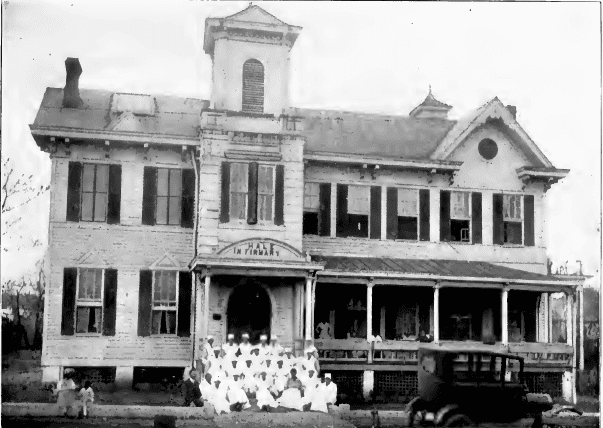
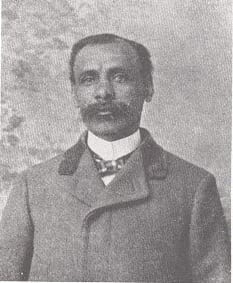
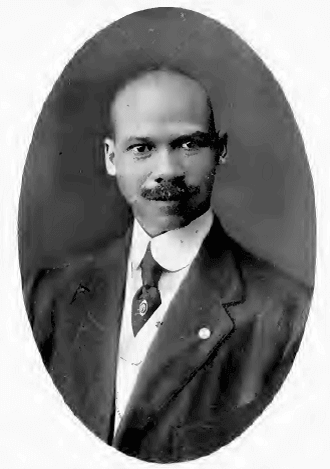
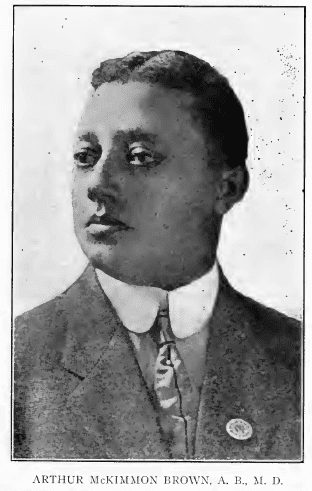
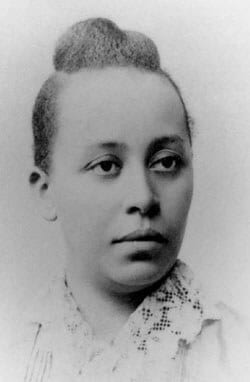
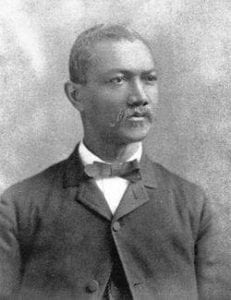
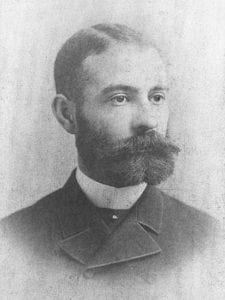
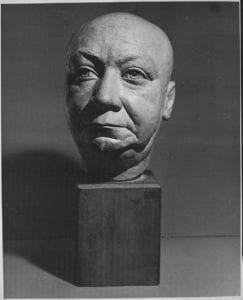
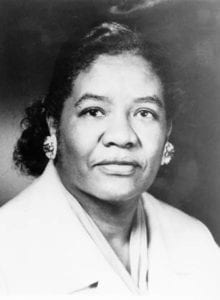

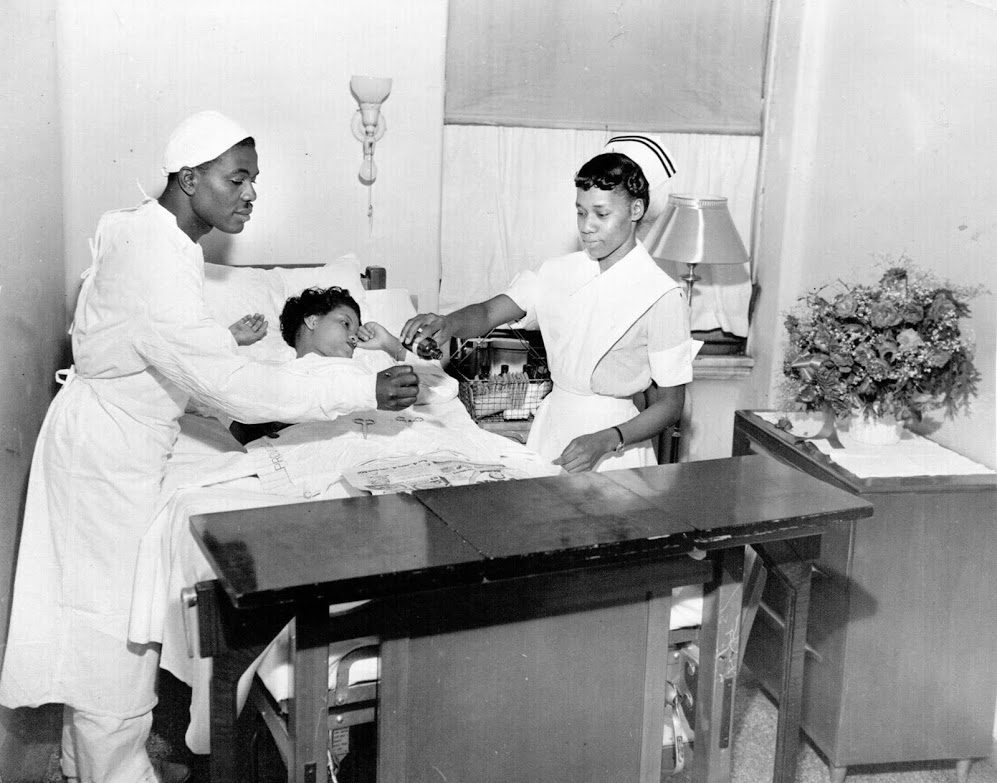



Leave a Reply